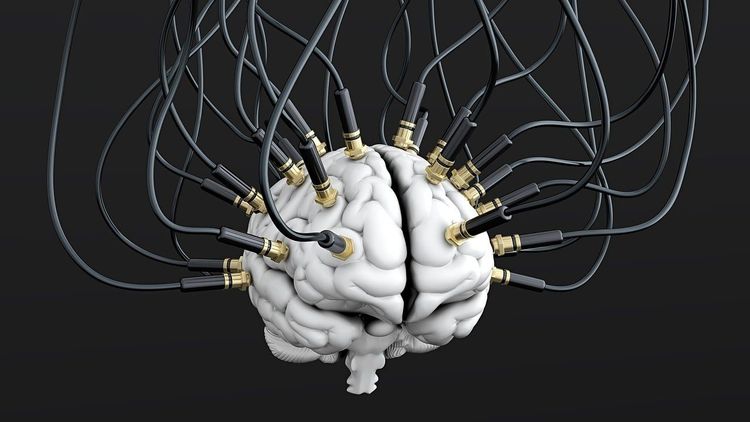Would you trust your health to artificial intelligence? Recently, OpenAI CEO Sam Altman and entrepreneur Arianna Huffington discussed their ambitious plans to reshape the American healthcare system with my colleague Charlie Warzel. They unveiled their joint venture, Thrive AI Health, which will launch a chatbot designed to offer behavioral advice tailored to individual health needs.
Despite the chatbot's frequent mistakes, which lead me to hesitate even on simple suggestions like watering a plant, its proponents insist that a transformative era is on the horizon. As Huffington aptly noted, "Our healthcare system is crumbling, and millions are suffering because of it." However, some challenges may be too great for AI to tackle effectively.
Another perspective on Thrive AI Health highlights the ongoing struggle among companies to unlock the true benefits of AI. This initiative aims to integrate OpenAI’s technology into the most private aspects of our lives, analyzing health data to offer personalized recommendations. Thrive AI Health seeks to enhance the existing landscape of healthcare chatbots, improve health outcomes, lower healthcare costs, and significantly mitigate the impact of chronic diseases around the globe.
Altman and Huffington describe their venture as "key infrastructure" for transforming healthcare. They envision a future where the chatbot might encourage users to swap a third soda for water with lemon. This chatbot is branded as an "ultra-personalized AI health coach," serving as the centerpiece of Thrive AI Health’s vision. It will generate insights based on users’ biological data and health metrics, providing timely information to promote healthier lifestyles—for instance, reminding a busy diabetes patient to take medication on time and offering nutritious recipes.
This raises a fundamental question: Should ordinary people entrust such sensitive and critical health data to a persistent chatbot, especially when many health applications already collect extensive personal information like sleep patterns, heart rate, and sexual health? If the company succeeds, the market potential could be immense. However, the complexity of AI presents challenges, opening avenues for companies to train models on sensitive personal information.
Altman and Huffington are convincing the world that AI may eventually redefine our relationship with our own health. Huffington believes that the AI health coach will be sufficiently personalized to meet individual behavioral change needs—something the current American healthcare system fails to provide. Altman adds that he genuinely believes people want technology to facilitate their health journeys: "There are few cases where AI can truly change the world, and improving health is certainly one of them."
While both visions sound sincere, they each require a degree of faith. Faith is a powerful driver of progress and a means to expand our horizons. However, in the wrong context, faith can be dangerous, particularly when blind. An industry driven by unchecked faith may raise red flags, granting immense leverage to the greedy and allowing delusional opportunists to exploit the situation for quick gains. The greatest deception of a faith-based industry lies in its ability to shift goals effortlessly, evading scrutiny and criticism. Meanwhile, immature visions may never reach the redemption they seek.







